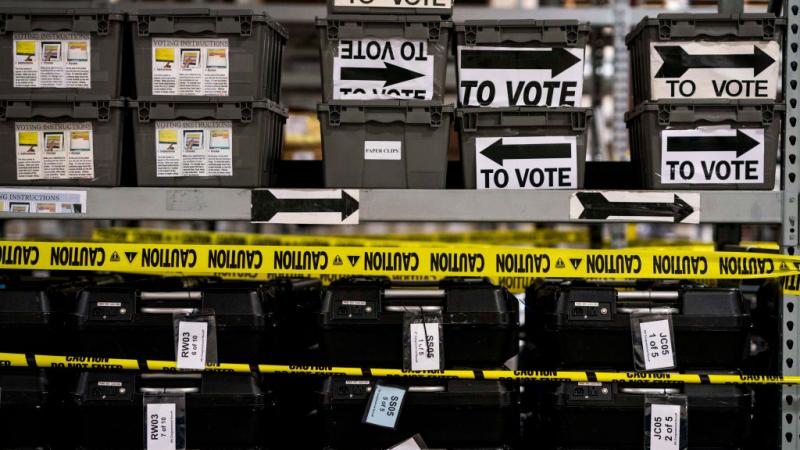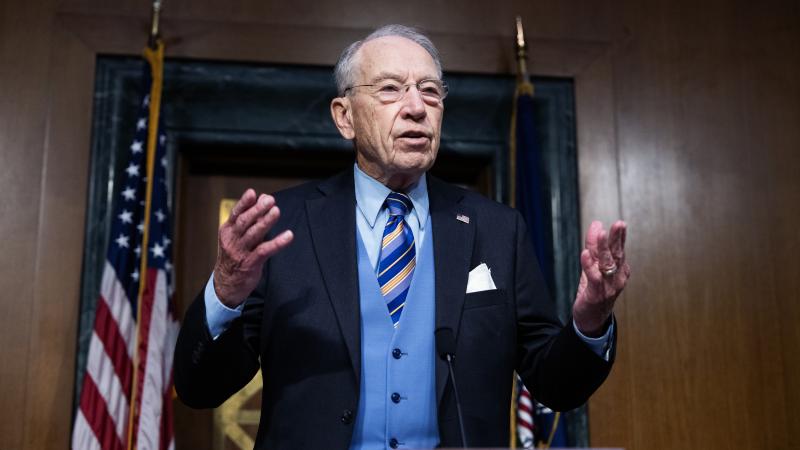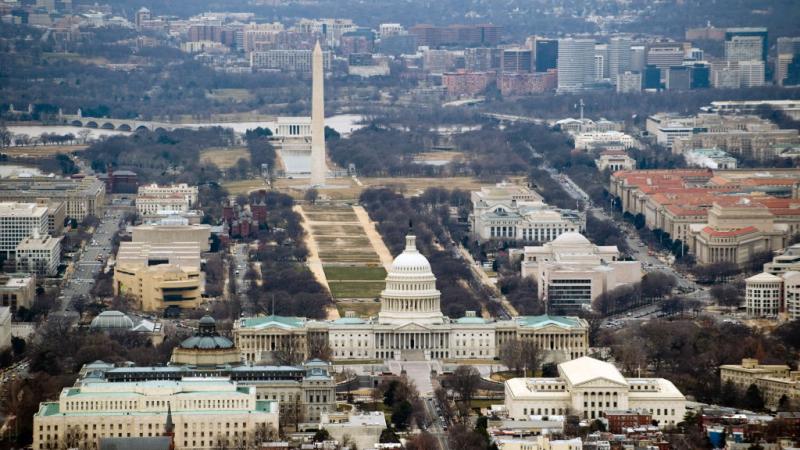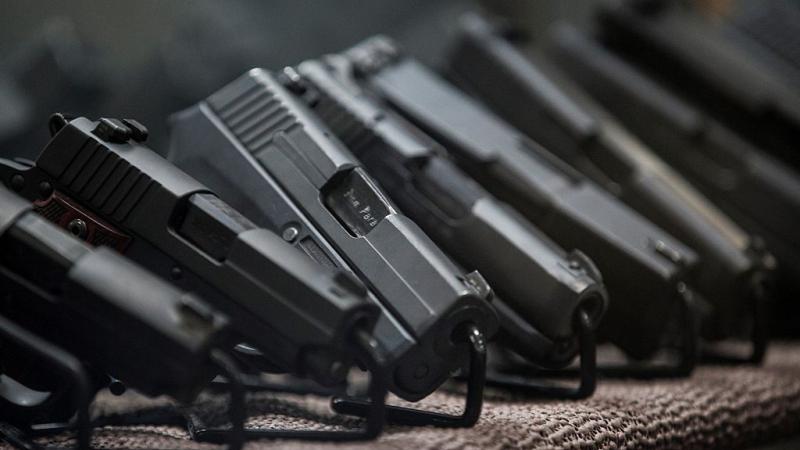Texas Legislature could restrict district attorneys from refusing to prosecute some crimes
The bill was filed after five district attorneys issued a public statement saying they wouldn't comply with a legal opinion issued by Attorney General Ken Paxton.
A House committee is expected to hear a bill that addresses the issue of district attorneys choosing not to prosecute some crimes.
Senate Bill 20, filed by Sen. Joan Huffman, R-Houston, amends local government code to bar prosecuting attorneys from "either by adopting and enforcing policy or by demonstrating by pattern or practice, materially limiting or prohibiting the enforcement of any criminal offense," according to the bill summary. It also restricts a prosecuting attorney "from materially limiting or prohibiting an attorney or peace officer within the same jurisdiction from enforcing a criminal offense." Those who violate the law would commit "official misconduct" and be subject to removal under Chapter 87 of local government code, which governs the removal process of county officials.
The bill passed the Senate earlier this month by a vote of 20-11, largely along party lines, and has been referred to the House Committee on Criminal Jurisprudence. It has yet to be scheduled for a hearing.
Under Article 16 of the Texas Constitution, elected and appointed officers, including prosecuting attorneys, take an oath to "preserve, protect, and defend the Constitution and laws of the United States and of this State." They can exercise discretion to determine if they will prosecute a case based on several factors but the constitution requires that they make these determinations "for all state laws and not just the laws that a prosecutor personally deems appropriate," the bill summary states.
The bill was filed after five district attorneys issued a public statement saying they wouldn't comply with a legal opinion issued by Attorney General Ken Paxton. He issued the opinion in response to a request from a state legislator who asked if certain medical and chemical procedures performed on children – several of which cause sterilization – constitute child abuse.
Paxton's opinion affirmed, "There is no doubt" that performing irreversible gender mutilation and removal of minors' reproductive organs, which some refer to as "gender-affirming care," is "child abuse" under Texas law.
In response to Paxton's opinion, Gov. Greg Abbott said, "The Texas Department of Family & Protective Services will enforce this ruling and investigate and refer for prosecution any such abuse."
Similarly, Nueces County District Attorney Mark Gonzalez said he wouldn't prosecute any type of abortion cases after the Supreme Court overturned Roe v. Wade and the state legislature outlawed abortion in Texas with some exceptions.
If Florida officials were to make such decisions, they'd likely be removed from office by Gov. Ron DeSantis. Last August, he removed state attorney Andrew Warren after he vowed not to enforce the state's abortion ban. He's also removed other elected officials, including school board members. The governor has the authority to do so under the Florida Constitution.
The Texas Constitution gives the governor no such authority. Because of its strong separation of powers doctrine, it also prohibits the attorney general, who falls under the executive branch, from prosecuting a case DA's refuse to prosecute because they fall under the judicial branch.
Texas also doesn't have the legal authority for citizens to recall or impeach district attorneys.
Citizens can try to remove district attorneys through Local Government Code 87, alleging either incompetence or official misconduct depending on the facts and circumstances presented. However, SB 20 strengthens the ability to at least meet a prima facie element of official misconduct when a DA claims that they will not prosecute a class or type of criminal offense.
The bill clarifies official misconduct is a citizen-led removal case, but it doesn't force or require DAs to prosecute cases.
The Texas District and County Attorneys Association said the bill "wouldn't *force* DAs to prosecute cases; it would prevent categorically *refusing* to enforce certain types of cases," in response to an article published by the Texas Tribune claiming otherwise. "A law forcing DAs to prosecute would be unconstitutional," it added. "There are plenty of unconstitutional ideas at the Texas legislature, but SB 20 is not one of them."
While supporters argue SB 20 is a move in the right direction, it still places the burden on citizens to provide enough evidence for a judge to issue a citation and have the county attorney prosecute. But this hinges on whether or not a county attorney takes the case. If the county attorney does, they must prove the DA committed incompetence or misconduct at trial.
Also, the likelihood of success depends on whether or not county commissioner's courts agree to fund the DA's defense using taxpayer money. In a case in El Paso, Democratic commissioners refused to fund the DA's defense, and the DA resigned shortly after. A similar fate may have occurred in a lawsuit against the Nueces County Attorney, except the county commissioner's court agreed to provide a taxpayer-funded defense, despite multiple allegations of ethics violations, misconduct, and incompetence.
As required by Local Government Code 87, the county attorney's office represents the state of Texas in prosecuting the case at the taxpayers' expense. In smaller counties, taxpayers wouldn't be able to afford the costs of prosecution and defense of officials who are sued over allegations of misconduct, negligence or other claims. SB20 doesn't address the costs to the taxpayer, critics argue, nor are they accounted for in the fiscal impact analysis.
















